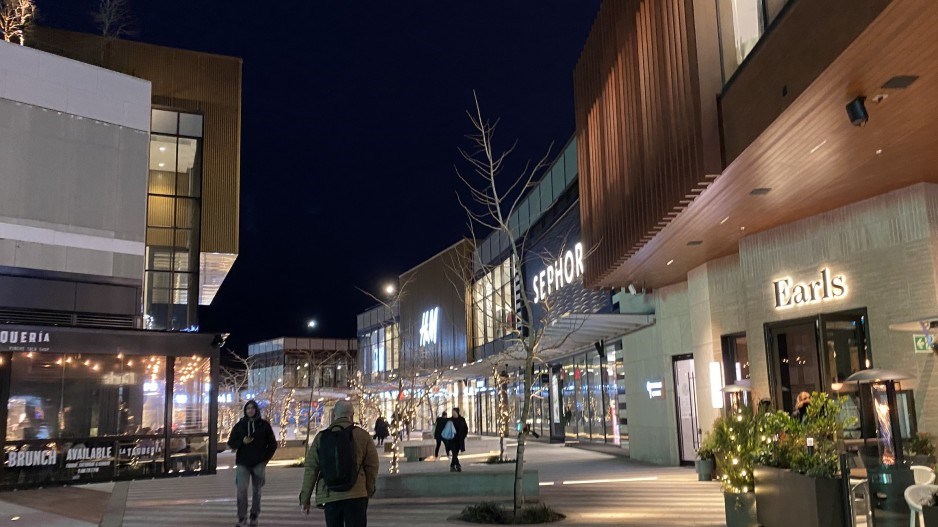Retailers got little help in the B.C. budget that Finance Minister Katrine Conway delivered this afternoon, according to Greg Wilson, Retail Council of Canada's director of government relations.
Not only was there no money to help small business owners whose sales are hurt by major infrastructure projects, such as the Broadway subway – something many businesses have been calling for – but there was no new funding for policing and crime and safety for retailers in cities, and it was not clear how much money might be available for retailers to train staff, Wilson said.
His said retailers' biggest beef with the budget is likely that the carbon tax, now $65 per tonne, is set to rise by $15 per tonne every Jan. 1 until 2030. Wilson said that the government's $15-per-tonne carbon tax increase, to $80-per-tonne on Jan. 1, 2023, is set to provide an additional $584 million to the provincial treasury.
"The carbon tax increase is a dramatically bigger cost increase than other things," Wilson said. "Each of these $15-per-tonne increases is a lot of money."
The carbon tax hurts retailers because truckers who transport goods to stores will have to pay the tax, he explained.
He said another increase in tax revenue that is likely to be passed onto retailers is the online market services tax. The government last year launched that tax, which charges the seven-per-cent provincial sales tax on online marketplaces, such as Amazon.com Inc. (Nasdaq:AMZN) when that company charges small businesses for the service of facilitating sales.
"They projected last year that this tax would provide something like $10 million," Wilson said. "This year, they are forecasting to get an extra $2 million from the tax through some tweaks."
While the tax is an annoyance for some retailers because online marketplaces pass on those costs, the cost of the tax pales in comparison to the carbon-tax increase, he said.
There is money for training – $480 million in new money over three years, which works out to about $160 million in new money each year. Eligible businesses are those in manufacturing, programming, software development, aquaculture and trade.
"I assume when they say 'trades' that they include retail and hospitality," he said. "The details are going to be released in the coming months.
One of the top concerns among Vancouver retailers has been crime and safety, given the rise in property crime during the pandemic. Many businesses had windows broken, with owners often not claiming it on insurance because the deductables are so high.
Wilson said that while most money for policing comes from municipal property taxes, the province does provide some money. Its budget provides for an additional $230 million to go toward policing, but that is just for rural areas and First Nations reserves, he said.
"We would prefer to have seen an increase to smaller and larger communities across the province for police," said Wilson.
The province's budget says that it provides $317 million for policing, although it was not clear if that was per year or over three years, Wilson said. He added that the province also provides $87 million for what it calls the special and targetted enforcement program.
More to come ...



